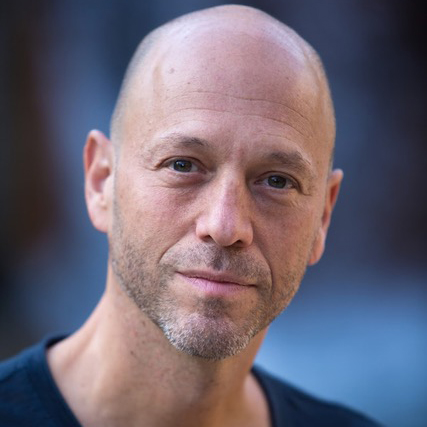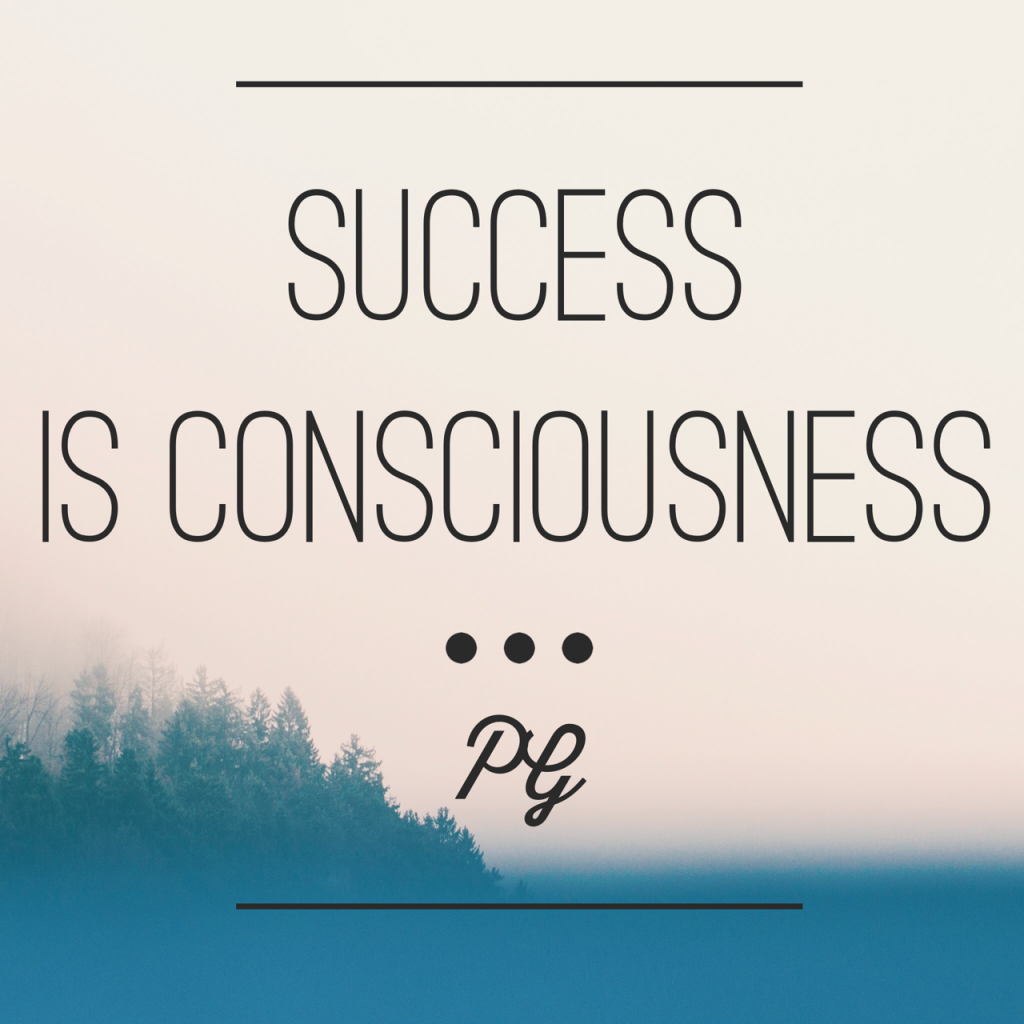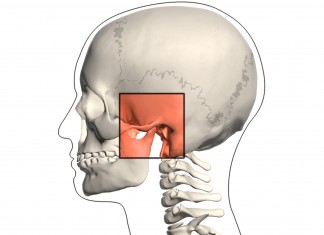Aristotle said that everything in nature has a purpose. He also wrote that, “Nature does nothing uselessly.” This would mean that all objects in nature exist with a prescribed purpose and all actions are congruent with this purpose. Things cannot escape their essential nature. They are what they are and aren’t what they aren’t. This lends credence to the law of identity. For biological systems, a core aspect of their natural purpose is survival. They are incapable of opposing their naturally given purpose. Biological systems possess life. Life is conditional. Therefore, the innate purpose of biological systems is always directed toward obtaining and achieving the values that sustain life. In all life forms other than humans, this is innately given. Plants and animals cannot choose their purpose but rather express that which is their biological mandate.
 The distinction of being human carries with it free will and the ability to form abstractions. This is a significant distinction. Humans have the ability to live beyond the “instinctual” level and consciously direct their lives. In essence, what differentiates a human from all other forms of life is the ability to choose a purpose. A crocodile or sunflower cannot choose a purpose for its life. A human can. With regard to this, it is my opinion that a human being that lives without a conscious purpose is not having a human experience, but rather a subhuman experience. The stronger the sense of purpose, the more fully alive. The larger the purpose, the more opportunity for prosperity, spiritually and materially. How do you see it? How you answer will have profound impact on your life, your psychological experiences, and how far you rise.
The distinction of being human carries with it free will and the ability to form abstractions. This is a significant distinction. Humans have the ability to live beyond the “instinctual” level and consciously direct their lives. In essence, what differentiates a human from all other forms of life is the ability to choose a purpose. A crocodile or sunflower cannot choose a purpose for its life. A human can. With regard to this, it is my opinion that a human being that lives without a conscious purpose is not having a human experience, but rather a subhuman experience. The stronger the sense of purpose, the more fully alive. The larger the purpose, the more opportunity for prosperity, spiritually and materially. How do you see it? How you answer will have profound impact on your life, your psychological experiences, and how far you rise.
An axiom I subscribe to is that, “Success is a consciousness.” If your consciousness is survival, survival is all you can ever expect to get. If you want to thrive, it has got to be driven by purpose. Living without a purpose and mediocrity are synonymous. Living without a purpose many times leads to depravity.
Politically, chiropractic has been injured many times from the survival mentality. In other words, political leaders trying to steer the profession based on the premise of short term survival at any cost, as compared to directing their decisions based on the purpose, principles, and values of the profession. This is also done in individual practices. Without a sense of purpose, they make short term, range of the moment decisions, for the purpose of surviving somehow, rather than setting up a long-term career based on core values and principles in chiropractic. The result? A mediocre practice at best. If it seems that you are changing the way practice, (how you do your exams, what you say and recommend to your patients, because you want to meet expectations rather than tell the truth as you know it, etc.) you are most likely not having fun and not seeing as many patients as you should. You feel that you must do these things to survive. There are no boundaries because there is a lack of purpose and values. Values will give you boundaries. Purpose will give you values. This will lead to you being in control of your future rather than living by the whim of something you can’t control. Being driven by purpose isn’t always the easy way to go, but it is the only way to stay consistent.
So how clear is your purpose to you? How congruent are your actions and practice with that purpose? Creating congruency between your values, purpose, and actions, on an ongoing basis, is the key to long-term success and happiness. People who are not aligned with you will come and go, but you and your practice will keep moving forward. The nature of purpose is such that it can move mountains, create prosperity, and lead the masses. Along the way there are victories and defeats. In all of it there is glory. It is purpose that gives rise to the human spirit. It is purpose that leaves a legacy.
I often asked chiropractors this simple question, “What is the purpose of your practice?” Very rarely to I get a clear, immediate response to that question. More often I get vague stammers. And to be clear, I am not on a moral high-horse here trying to tell you ‘what’ the purpose of your practice should be. I am only suggesting that you need to identify one clearly and act on it every day congruently.
Sometimes I get trite answers to this question. Things like, “to help people” or “make people healthier”. These are not necessarily wrong answers, they just aren’t very deep or compelling. Here is the point I am trying to make, choosing a clear, concise, compelling purpose for your practice is the most important exercise you can engage in for your practice! Yet, so few DC’s do that. So, how does one begin such a process?
 First, I would make this a team activity that the chiropractor/owner leads. The kick off meeting should be an off-site affair in a creative or inspiring environment. Get out of the office where the constraints of your everyday experience lie. I would allow at least 3-4 hours.
First, I would make this a team activity that the chiropractor/owner leads. The kick off meeting should be an off-site affair in a creative or inspiring environment. Get out of the office where the constraints of your everyday experience lie. I would allow at least 3-4 hours.
Second, invite your entire staff. You may also want to consider inviting 1 or 2 of your ideal patients and maybe even some vendors you do business with that you like. They are all stakeholders in your business.
Third, identify a clear goal. i.e. “We will leave this gathering with draft one of our Statement of Purpose. This statement will be a sentence or less. Will reflect our deepest desire and intent. Will be compelling and will be the compass by which we make out decisions.
Fourth, once the first draft is complete, take the next several weeks to think about and refine it. One way to do this is to have a meeting, in your office once a week for 30 minutes to get updated input. Do this until you feel with deep conviction, “We’ve got it!”
I want to make explicit that it is VERY critical that the staff has ‘buy-in’ with this statement of purpose. If they are not engaged, they are not right for your office and must be asked to leave. This is why it is a good idea to get them involved in the development of the statement of purpose. As you add new staff, one of the major screening elements in determining whether or not to hire them is whether their values align with the statement of purpose.
So, now you have briefly been presented with some abstract implications of the nature of purpose and as well a practical process for creating a statement of purpose for your practice. It is time for me to stop typing and for you to act on this! Keep in mind that chiropractic, its message and practice, is incredibly profound, changes lives every day, and can change the world. Let’s all get on purpose and fulfill this destiny.
– Dr. Patrick Gentempo








